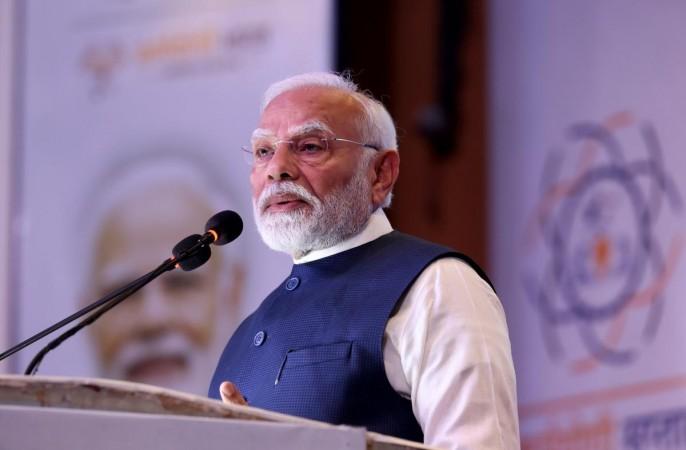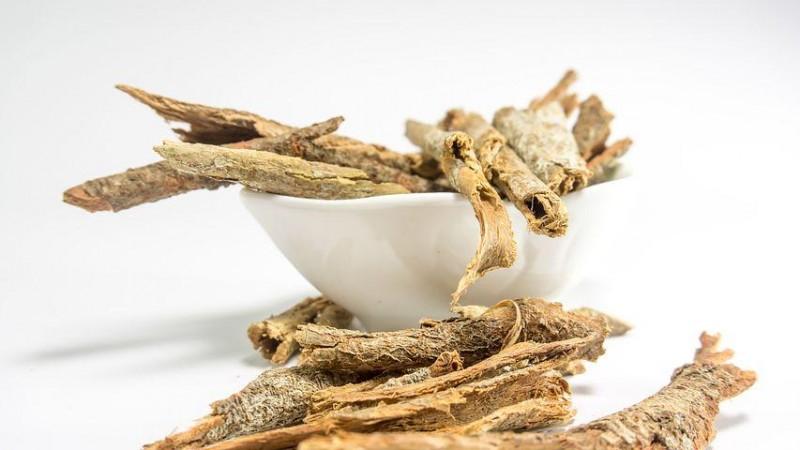
Prime Minister Narendra Modi recently addressed the nation on the occasion of Ayurveda Day, celebrated annually on October 29. He expressed his confidence in the ancient system of Ayurveda, stating its potential to contribute to global health. The Prime Minister extended his greetings to the nation, emphasizing the importance of Ayurveda in India's rich cultural heritage. He stated, "This auspicious occasion of Lord Dhanvantari's birth anniversary is associated with the utility and contribution of Ayurveda in our great culture, the importance of which is being acknowledged by the whole world today."
The Prime Minister further expressed his belief in the ancient system of medicine, stating, "I am confident that this ancient system of medicine will continue to be useful for the healthy life of the entire humanity." Ayurveda Day, since its inception in 2016, has gained global significance. This year marks the ninth celebration, with over 150 countries expected to participate. The theme for this year, 'Ayurveda Innovations for Global Health', underscores the extensive research conducted in Ayurveda and its scientific relevance in promoting health and treating various disease conditions.
The Ministry of Ayush outlined the objectives of this year's theme, which include combating non-communicable diseases and antimicrobial resistance, addressing challenges related to climate change, geriatric and mental health, and nutritional disorders. The theme also emphasizes preventive health and holistic wellness, aligning with the United Nations Sustainable Development Goals and the Universal Health Coverage vision.

The focus areas for Ayurveda Day 2024 include women's health, workplace wellness, school wellness programs, and food innovation. The ancient system of medicine is currently recognized in 24 countries across the globe, with Ayurveda products being exported to over 100 countries. The celebrations will also witness significant participation from startups and industry, positioning Ayurveda at the heart of global health innovation.
Historically, Ayurveda has been a beacon of medical knowledge. Around 200 BC, medical students from different parts of the world used to come to the ancient University of Takshashila to learn Ayurveda. From 200 to 700 AD, the University of Nalanda also attracted foreign medical students mainly from Japan, China, etc. The Egyptians learnt about Ayurveda long before the invasion of Alexander in 400 BC through their sea-trade with India. Greeks and Romans came to know about it after their invasion. In the early part of the first millennium, Ayurveda spread to the East through Buddhism and greatly influenced the Tibetan and Chinese system of medicine and herbology.
Around 800 A.D., Nagarjuna conducted extensive studies on the medicinal applications of various metals. Many exotic and indigenous drugs for new uses found a place in Ayurvedic literature. After the 16th Century, there have been inclusions of diagnosis and treatment of new diseases based on modern medical science. On this occasion, PM Modi will inaugurate multiple projects worth over Rs 12,850 crore related to the health sector, underlining India's commitment to promoting Ayurveda alongside accessible healthcare.Prime Minister's confidence in Ayurveda's potential to contribute to global health is not unfounded. The ancient system of medicine has a rich history of providing holistic wellness solutions, and with the current focus on research and innovation, Ayurveda is poised to make significant strides in the global health sector.

















